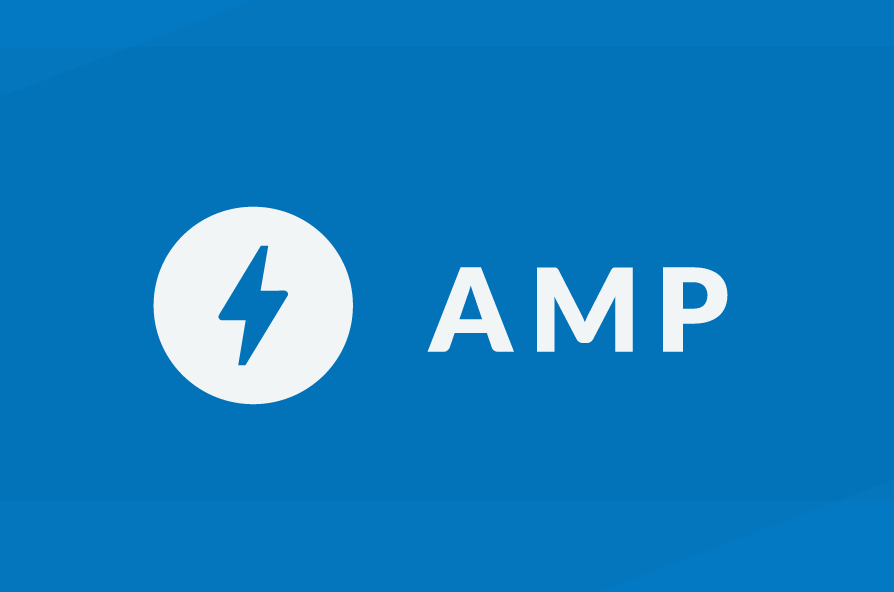
When dealing with mobile pages, we sometimes need to make the banner image into a square with the same width as the screen to obtain the best experience, such as Flipbord’s mobile page: So how should we use pure CSS to make an adaptive banner? What about the size of the square? Solution 1: CSS3 vw unit CSS3 adds a new set of length units vw, vh, vmin, vmax relative to the percentage of the visible area. where vw is the unit relative to the percentage of the viewport width, 1vw = 1% viewport width, vh is the unit relative to the percentage of the viewport height, 1vh = 1% viewport height; vmin is the smaller one relative to the current viewport width and height. Percentage unit, similarly vmax is the percentage unit that is larger than the current viewport width and height. The browser compatibility of this unit is as follows: Using the vw unit, we can easily make adaptive squares:
&a##1. Recommended 10 articles about vw units
#Introduction: When processing mobile pages, we sometimes need to make the banner image into a square with the same width as the screen In order to obtain the best experience, such as Flipbord's mobile page: So how to use pure CSS to create a square that can adapt to the size? Solution 1: CSS3 vw unit CSS3 adds a new set of length units vw, vh, vmin, vmax relative to the percentage of the visible area. Where vw is the unit relative to the percentage of the viewport width, 1vw = 1% viewport width...
2. Detailed introduction to the case of using pure CSS to implement adaptive squares

Introduction: When processing mobile pages, we sometimes need to make the banner image look like the screen. A wide square to obtain the best experience, such as Flipbord’s mobile page: So how to use pure CSS to create a square that can adapt to the size? Solution 1: CSS3 vw unit CSS3...
3. Use image preloading components to improve the user experience of html5 mobile pages
Introduction: This article mainly introduces a simple image preloader, which can be applied to the development of h5 mobile pages. Under its ideas, if necessary, you can also make some modifications to it and use it To load other types of resources, such as audio or video files
4. seozac: Google’s AMP-Accelerated Mobile Pages

Introduction: AMP, Accelerated Mobile Pages, roughly translated as "accelerated mobile pages", is a tool launched by Google in October last year to improve the access speed of mobile pages. The specific technical details of the technology can be seen on the official website of the project, and there is a simple Chinese version.
5. What the hell is Google AMP?

Introduction: Google AMP (Accelerated Mobile Pages, accelerated mobile pages) is a kind of mobile page launched by Google. Static content is used to build web pages, provide reliable and fast rendering, and speed up page loading time, especially when viewing content on mobile web.
6. Use simple image preloading components to improve the user experience of html5 mobile pages

7.
Mobile page div centering effect code_html/css_WEB-ITnose
Introduction: Mobile page div centering effect code8.
Help you optimize mobile page performance from four aspects_html/css_WEB-ITnose Introduction: Help you optimize mobile page performance from four aspects Introduction: Tencent useful information! Help you optimize mobile page performance from four aspects Introduction: On the page for filling in bank card information, click on the branch to jump to the page for selecting a branch. Can this value be transferred to the original page by clicking on the new branch selection page? It’s so difficult, I’ve never done it before. How to do it specifically? [Related Q&A Recommendations]: javascript - Is there a pdf to html conversion tool that is suitable for mobile pages? Front-end - How does the mobile page adapt to the 320 design draft? Front-end - The mobile page cannot save images by long pressing on iOS? javascript - Does the font need to be adaptive when making a mobile page?
The above is the detailed content of Detailed introduction to mobile pages. For more information, please follow other related articles on the PHP Chinese website!
 how to hide ip address
how to hide ip address
 The difference between arrow functions and ordinary functions
The difference between arrow functions and ordinary functions
 How to enable the same city function on Douyin
How to enable the same city function on Douyin
 How to open the download permission of Douyin
How to open the download permission of Douyin
 How to delete blank pages in word
How to delete blank pages in word
 How to cast screen from Huawei mobile phone to TV
How to cast screen from Huawei mobile phone to TV
 How to solve http status 404
How to solve http status 404
 How to connect to database using vb
How to connect to database using vb




